Sunday’s federal election in Germany was historic for more than one reason. After the collapse of the so-called “traffic light” coalition under chancellor Olaf Scholz, it was only the fourth time a snap election had been held in post-war Germany. And just like in 1983 and 2005, a Christian Democrat will be taking over the chancellor’s office.
Friedrich Merz and his alliance of the Christian Democratic Union (CDU) and Christian Social Union (CSU) emerged as the winners with 28.5 percent of the votes on Sunday. For Merz, it seems likely that his incredibly long wait to be chancellor is over. Over twenty years ago, he lost an internal battle against Angela Merkel and was essentially in the political wilderness until a few years ago. Even after his return, he twice failed before being voted in as leader of the CDU.
While the results of this weekend’s election aren’t as good as many in the CDU had hoped, a few things should help Merz in the coming weeks. As both the liberal FDP and the left-populist BSW did not break the 5 percent barrier and therefore won’t have any seats in the Bundestag, Merz should be able to form a coalition with the Social Democratic Party (SPD). A two-party coalition is much easier to negotiate than a three-party one. The party landscape in Germany is as fragmented as ever, and this has caused difficult negotiations on the state level already. For now, Merz hopes that the new federal government will be formed by Easter. As things stand, he will not have to deal with his adversary Scholz because, after a disappointing result for the SPD, which only scored 16.4 percent, the outgoing chancellor is expected to remove himself from any future dealings in Berlin.
While the Alternative für Deutschland has won the second highest number of votes, with 20.5 percent, there is no way Merz will collaborate with the party because of a long-standing political taboo against working with the far right, known as the Brandmauer — or firewall. Merz said on Sunday that the AfD didn’t actually intend to solve Germany’s problems because “they’re happy if the problems get worse and worse.”
Unsurprisingly, running on a platform primarily based on anti-immigration rhetoric, the AfD scored a historic result. There is an argument that the party could have done better if its leading candidate Alice Weidel had performed more smoothly in the televised debates and refuted discussions concerning her residency, after she and her female partner were accused of primarily living in Switzerland. With a better-equipped leader, the AfD could have benefited even more from a general sense of dissatisfaction with the current mainstream, especially given recent violent acts by asylum seekers and Elon Musk’s widespread support for the party.
That being said, Sunday’s election also showed that the AfD is not just supported by motivated protest voters. It received high numbers across the map, even in the wealthy southern German states. Plus, with turnout at 84 percent, the highest it has been since German reunification, the 20.8 percent the AfD achieved is even more impressive.
Weidel was attacked by other party leaders on a post-election television debate on Sunday, with Robert Habeck, the leading candidate of the Greens, calling her a liar when Weidel did not want to put the blame on Russia for the war in Ukraine. “Don’t believe her! What she is spreading here is a lie,” Habeck, whose party came in fourth, said.
Meanwhile, Markus Söder, the leader of the Christian Social Union, a party that solely runs in Bavaria and forms the alliance with the CDU, also took aim at Weidel for her position on Ukraine and at US vice president JD Vance for his recent speech at the Munich Security Conference. “We may not be the greatest major power, but we are still a great country with values, and we should defend those,” he said. It was a reference to the film Love Actually in which Hugh Grant plays the British prime minister and stands up to the US by saying, “We may be a small country, but we’re a great one, too.”
How to support Ukraine in light of Donald Trump’s recent negotiations with Vladimir Putin will only be one of the concerns of the new government. Merz has essentially promised to stop illegal immigration and force out any asylum seekers whose application is unsuccessful, while also cutting taxes for the middle classes. At the same time, several industries in Germany, including the automotive sector, which had long been a source of pride for the country, are facing considerable challenges due to strategic mishaps and high costs for domestic workers.
The federal government has only little wiggle room, with roughly 10 percent of the public budget available for flexible spending. Germany would need transformative leadership to alter the social welfare system, cut down non-wage labor costs and reform the foundations of the country. But it is more likely that the next coalition won’t divert much from the previous course set by Merkel and Scholz.
Election analyses show that 1.8 million voters moved from the SPD to the CDU. The two parties, while historically positioned on different sides of the aisle, are now pretty close on many political issues.
Watch more on Spectator TV:



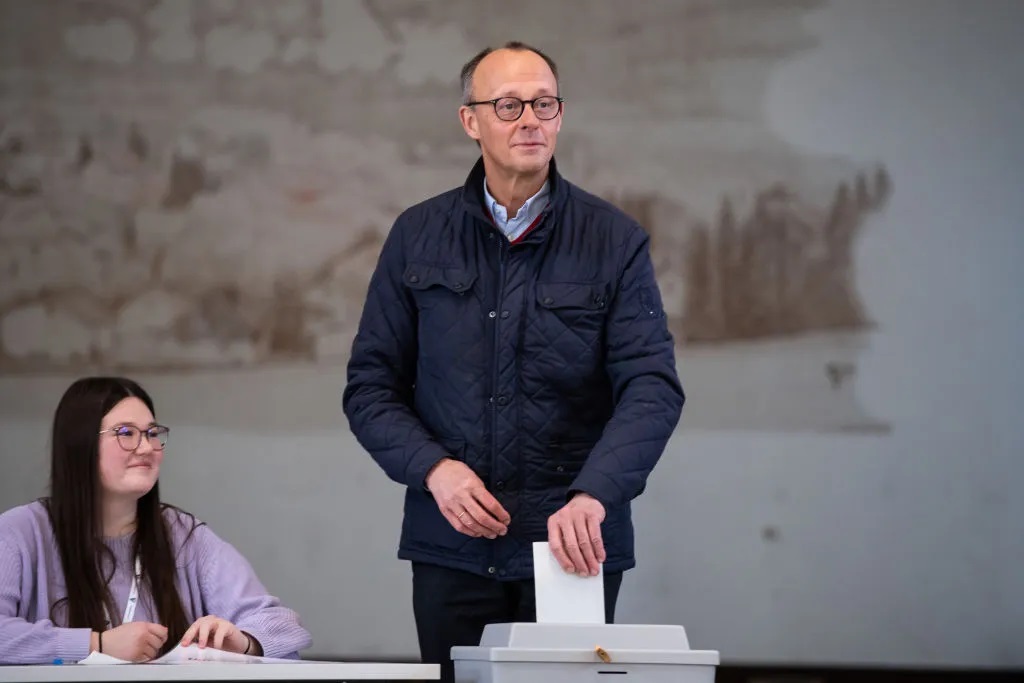








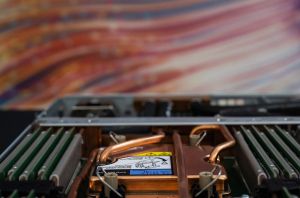
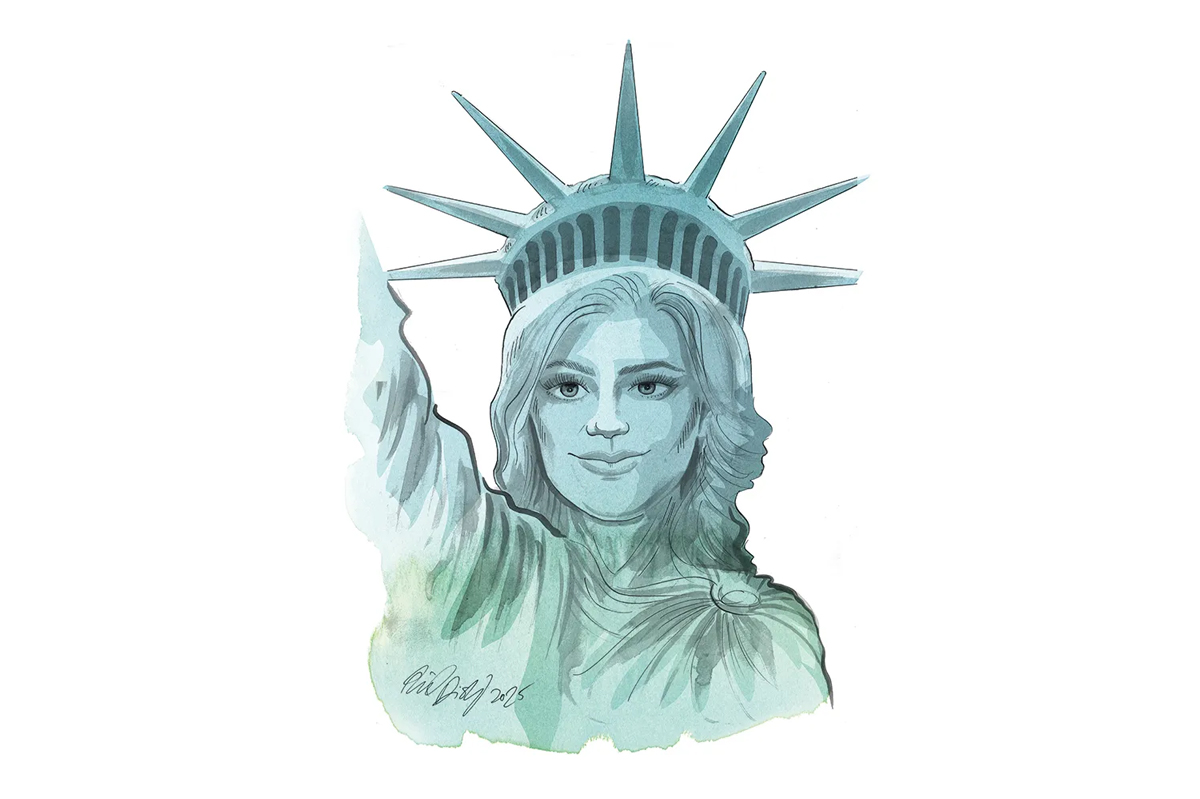
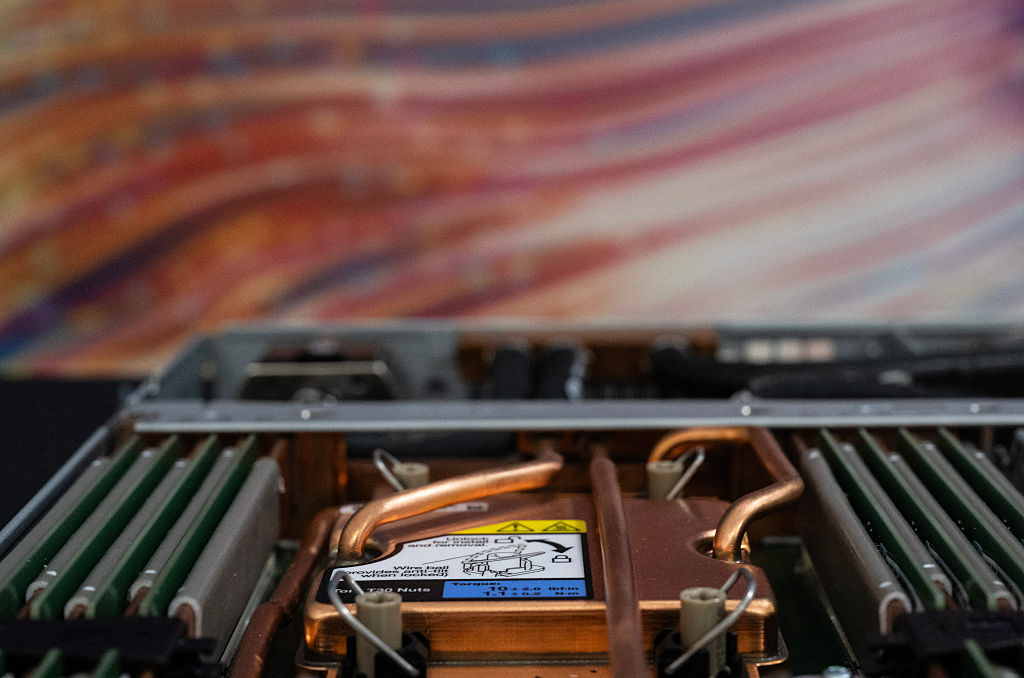
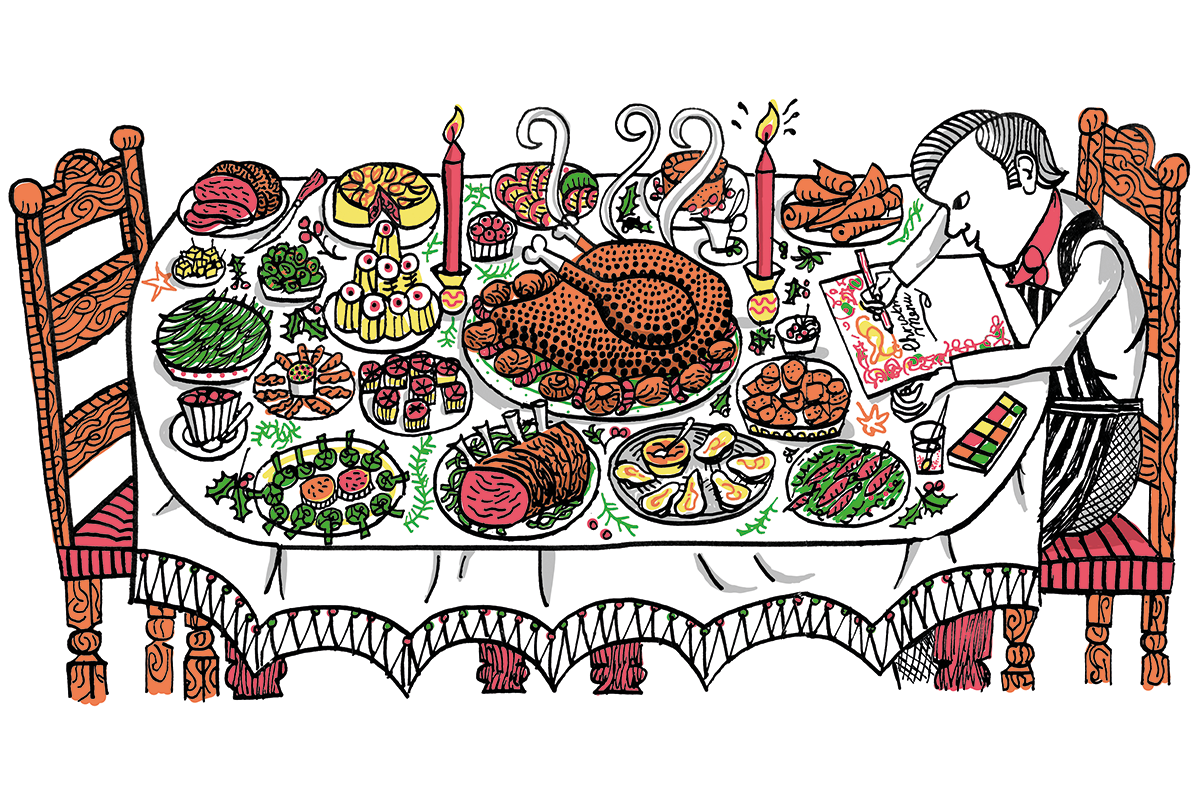
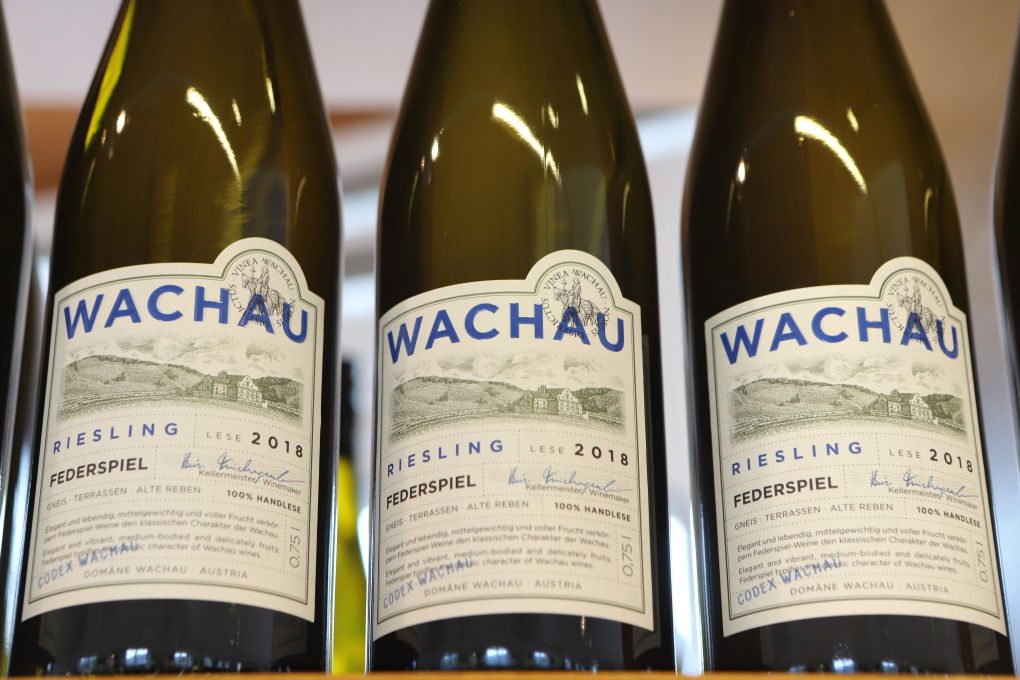









Leave a Reply